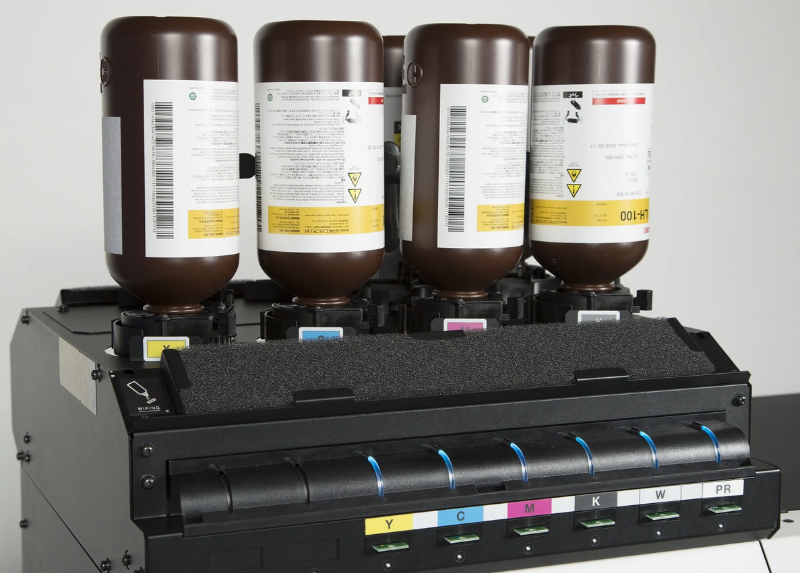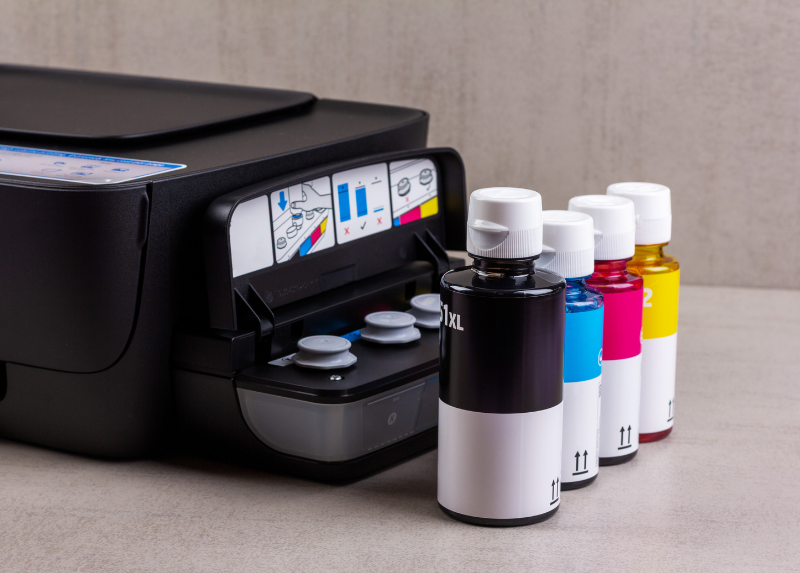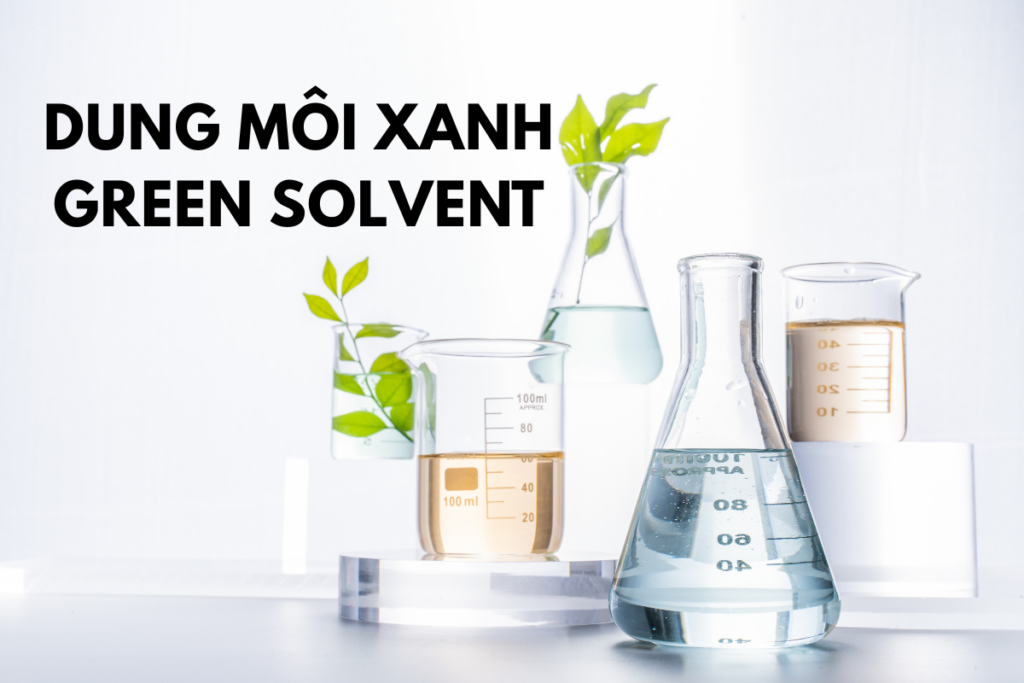What are industrial chemicals? Properties, classification, applications, and usage precautions
16/05/2025
|
Industry news
Industrial chemicals are widely applied in everyday life today, from raw material production processes to finished products. So, what exactly are industrial chemicals in the manufacturing sector? Let’s explore detailed content about their classification, applications, common products, and important precautions when using industrial chemicals in the article below!
What are industrial chemicals?
Industrial chemicals are chemicals used in manufacturing, processing, and equipment maintenance processes in various industries. These chemicals can be in solid, liquid, or gaseous form.
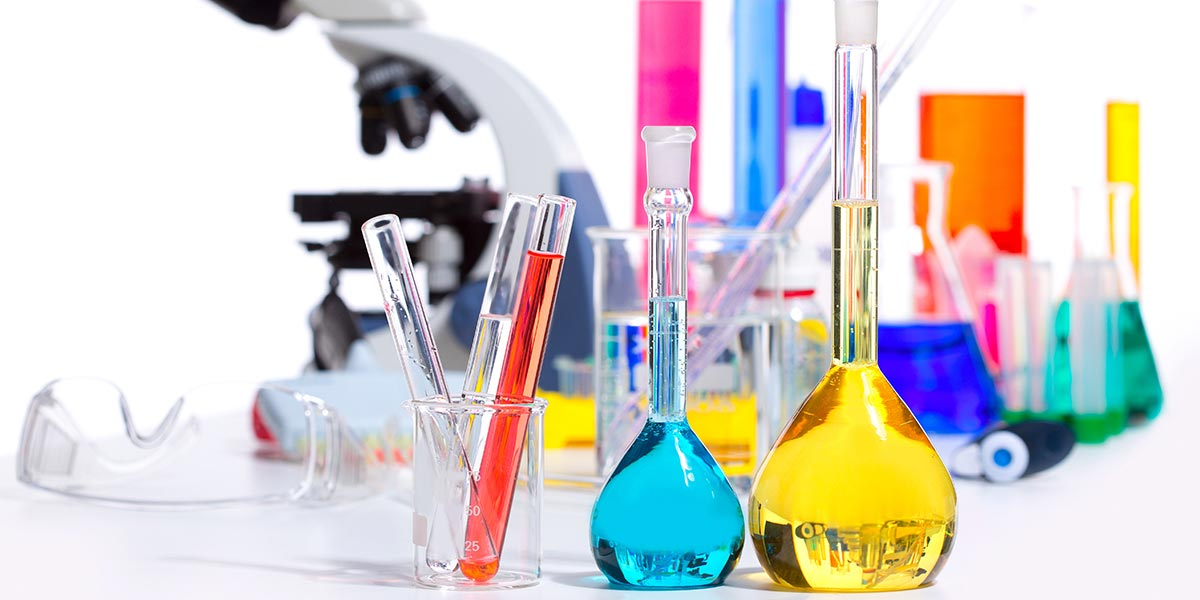
General properties of industrial chemicals
Chemical properties
- Origin: Created from chemical elements under constant conditions.
- Storage conditions: Sealed containers made from materials resistant to chemical corrosion (such as bags, drums, barrels, cans, or tanks, etc.)
Physical properties
- State: Solid, liquid, gas, or plasma, which can change depending on temperature, pressure, and environment.
- Solubility: Highly soluble/slightly soluble/insoluble in water or other industrial solvents.
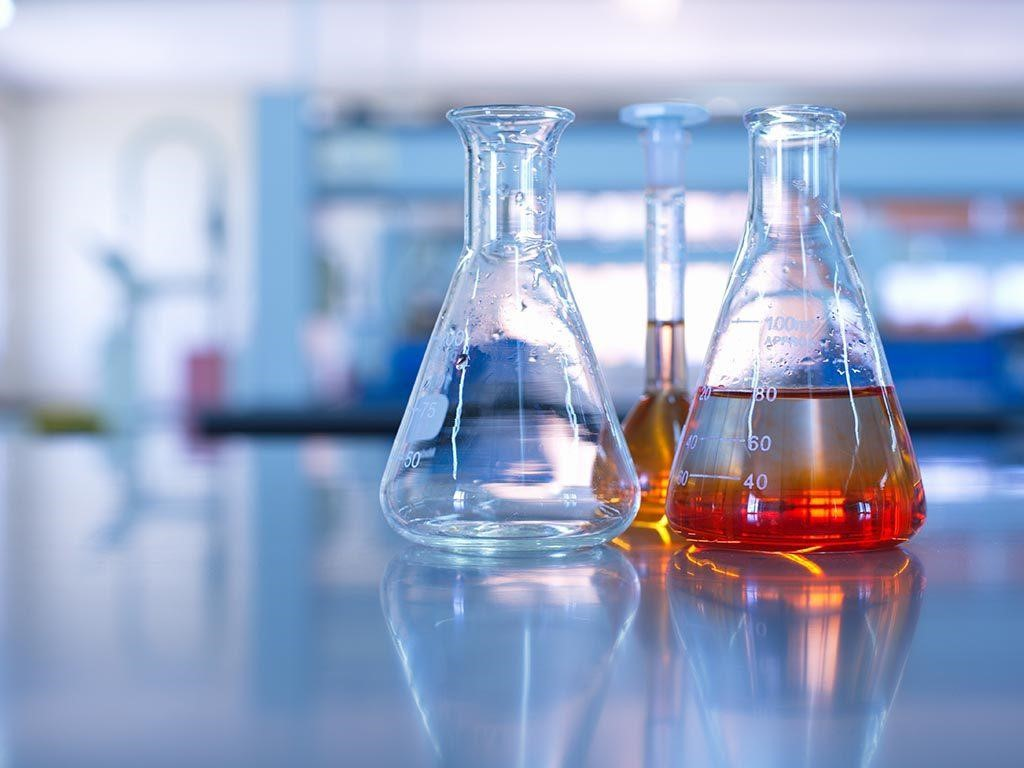
Classification of industrial chemicals
Industrial chemicals can be classified in many different ways based on their properties and applications. Below are some common classifications:
Basic Chemicals
Basic chemicals are raw chemicals derived from petroleum, polymers, or basic inorganic substances (such as chlorine, sodium hydroxide, sulfuric acid, and nitric acid, etc.). These chemicals are widely used in large quantities in consumer manufacturing industries.
Specialty Chemicals
Specialty chemicals are typically used in industries with specific characteristics, such as engineering, textiles, etc. They are applied in crop protection, various paints, printing inks, pigments, and other chemicals used across different industries like paper manufacturing, textiles, and engineering.
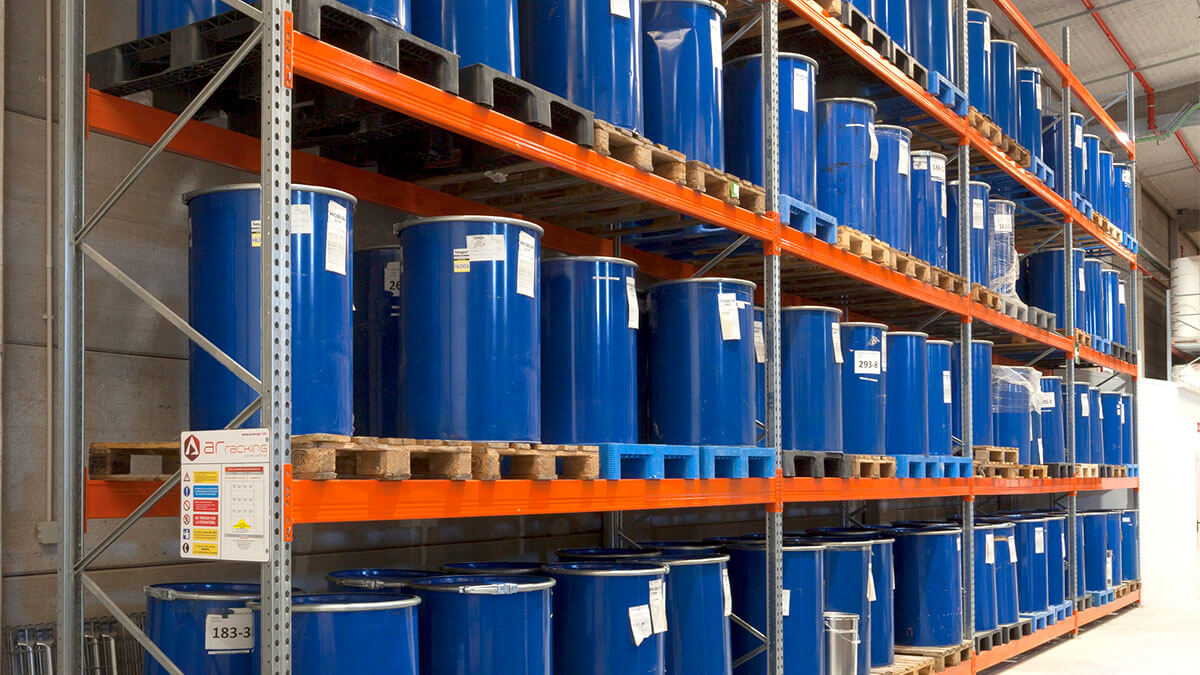
Consumer Chemicals
Consumer chemicals are produced from the basic chemical group and require high standards of safety and environmental and human friendliness. These chemicals are primarily used in consumer goods industries such as cleaning agents (soap, perfumes, cosmetics, etc.) and everyday household products.
Applications of industrial chemicals
Industrial chemicals are present in almost every industry and play an important role manufacturing and maintenance processes. Here are some common applications of industrial chemicals:
- Construction industry: help to improve the properties of construction materials such as concrete, cement, bricks, and insulation materials. These chemicals can increase durability, waterproofing, or reduce drying time.
- Food processing industry: used in the processing, preservation, coloring or flavoring of food.
- Pharmaceutical industry: used in the production of drugs, cosmetics, and health care products, helping to increase treatment effectiveness and protect the health of consumers.
- Automotive and electronics industry: used in the production of electronic components, plastics, rubber, and structural materials of cars. These substances help ensure the durability and precision of parts.
- Textile industry: used in the process of dyeing, bleaching, and finishing fabric products. They help fabrics to have beautiful colors, high durability and anti-wrinkle.
- Energy industry: involved in the processes of energy extraction, processing and use, such as in oil and gas production, coal processing, battery and accumulator manufacturing.

Top 5 Most Commonly Used Industrial Chemicals Today
Sulfuric Acid (Concentrated H₂SO₄ 98%)
- State: Colorless, odorless liquid
- Uses: Applied in waste treatment, manufacturing of detergents, paints, dyes, fertilizers, pesticides, and more
- Note: Highly corrosive; should be stored in corrosion-resistant metal tanks to ensure safety and durability
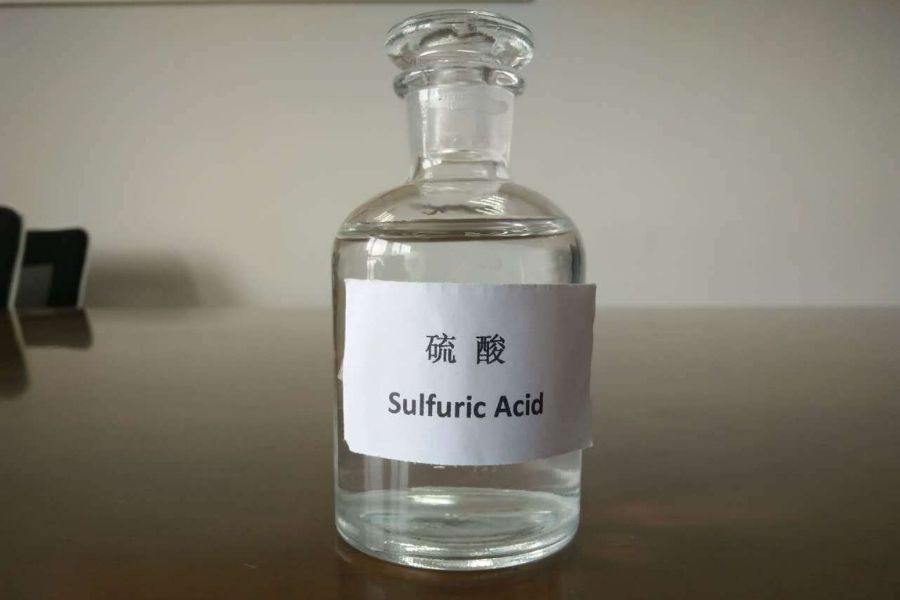
Ethylene (C2H4)
- State: Colorless, odorless, tasteless gas
- Uses: Manufacturing electronic components, stainless steel, and other industries
- Note: Flammable in overly sealed environments; direct exposure can cause burns and suffocation, so careful handling and storage are required.
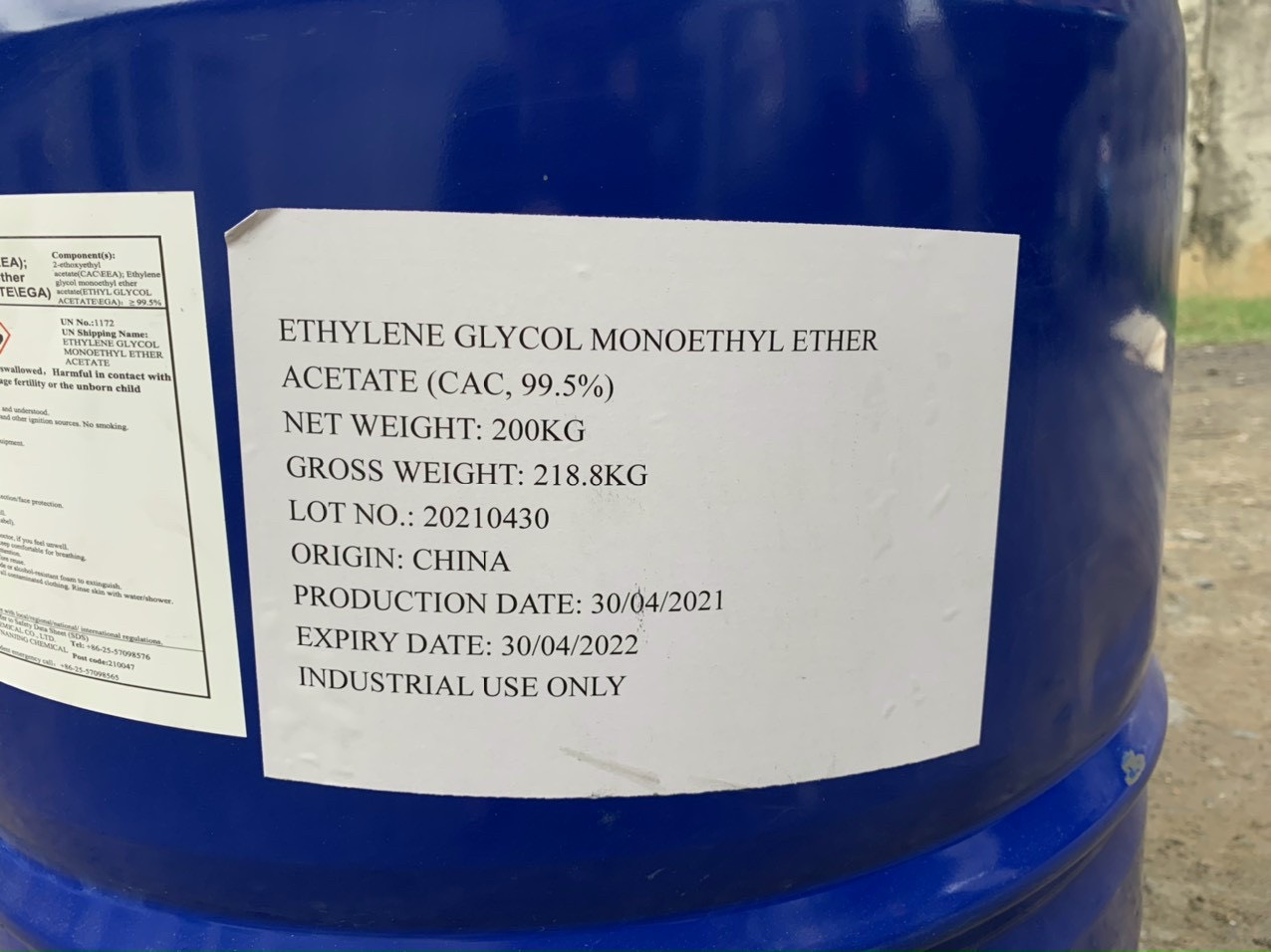
Propylene (C3H6)
- State: Colorless gas with a slight odor (similar to petroleum)
- Uses: Main material in petrochemical and plastics industries
- Note: Highly volatile and flammable; must be stored in sealed containers away from sources of ignition and combustible materials.
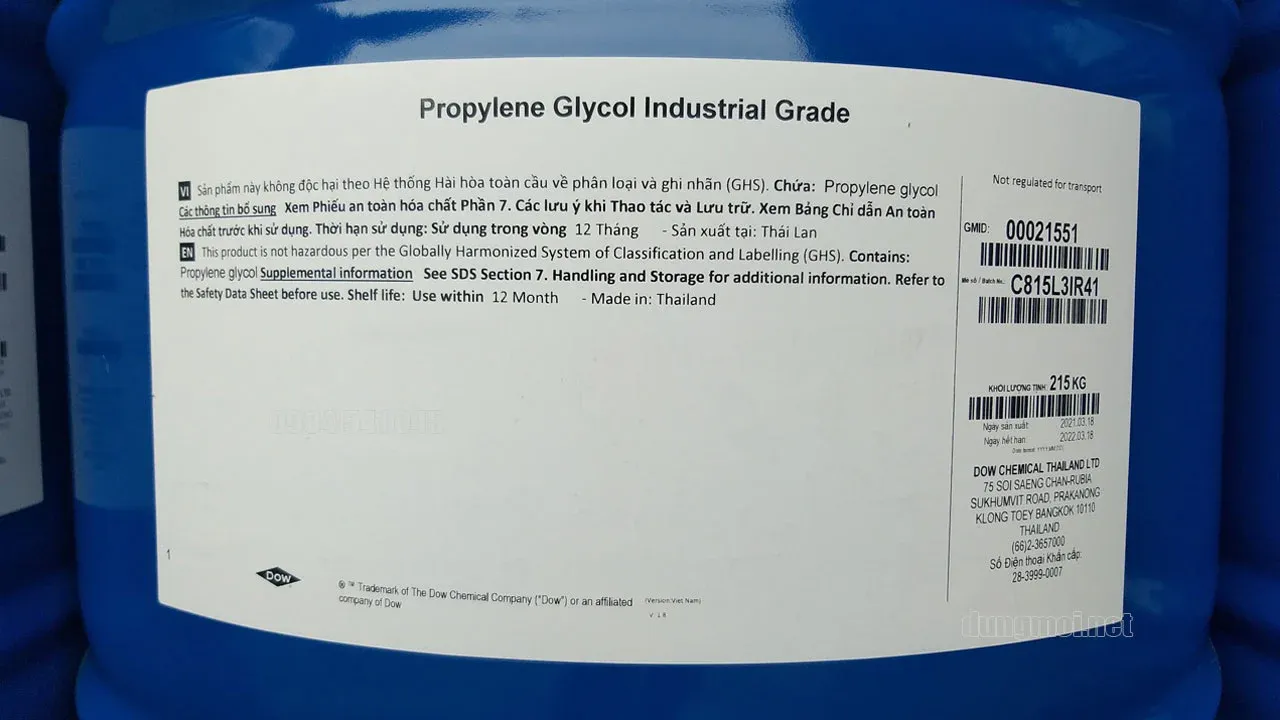
Nitrogen (N2)
- State: Colorless, odorless gas
- Uses: Production of electronic components, stainless steel
- Note: Although nitrogen itself is inert and non-flammable, improper storage in tightly sealed environments can cause oxygen deficiency, leading to asphyxiation or cold burns if in direct contact with skin.
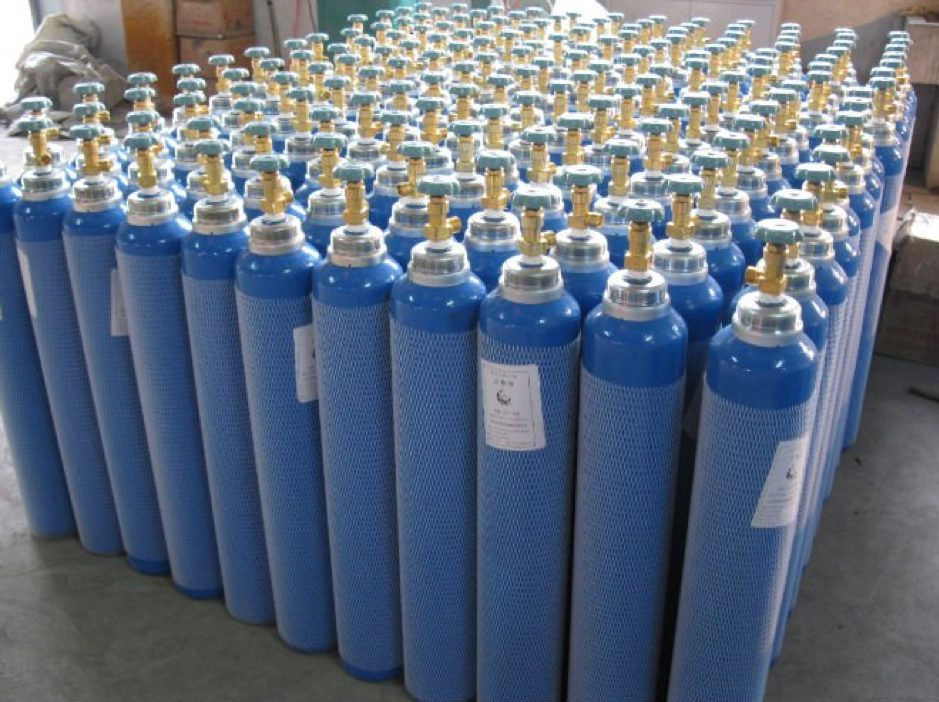
Sodium Hydroxide (NaOH)
- State: Solid (pellets, granules), white color
- Uses: Applied in industries such as detergent manufacturing, rayon production, paper industry, wastewater treatment, and pH adjustment
- Note: Highly corrosive; can cause burns and irritation upon direct skin contact
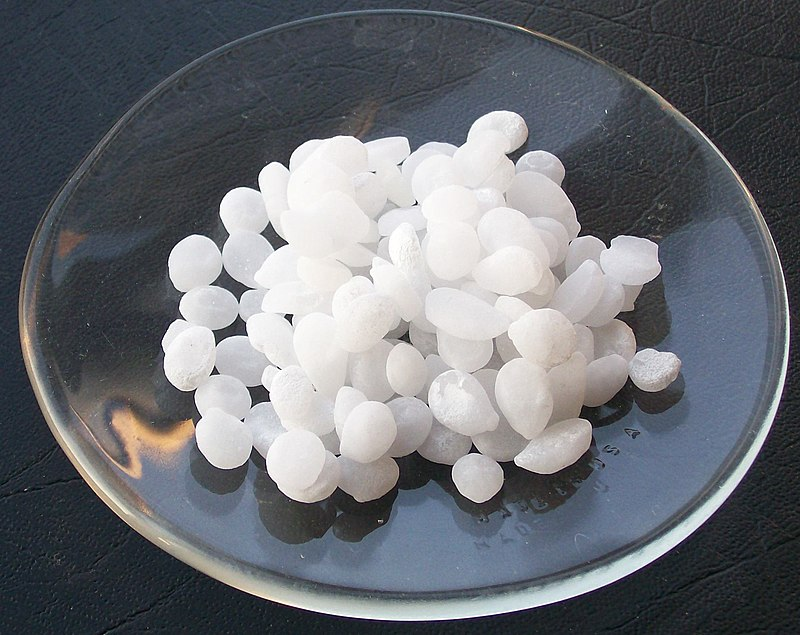
Notes when using industrial chemicals
The use of industrial chemicals requires caution and compliance with strict regulations to ensure worker safety and environmental protection. Here are some important notes when using industrial chemicals:
- Read the instructions carefully: Before use, read the label and instructions for use of the chemical carefully, this will help you understand how to use it safely and the possible dangers.
- Personal protection: use personal protective equipment (PPE) such as gloves, goggles, masks, and protective clothing to minimize exposure to chemicals.
- Store chemicals properly: chemicals must be stored in dry, cool places, away from direct sunlight and out of reach of children. It is necessary to classify chemicals by group to avoid unwanted reactions.
- Properly handle chemical waste: do not discharge chemicals into the environment when not necessary. It is necessary to have a method to handle chemical waste according to regulations to avoid pollution.
- Ensure safety in the production process: it is necessary to regularly check equipment and machinery using chemicals to ensure safety throughout the production and processing process.

Conclusion
Industrial chemicals play an important role in many manufacturing and processing industries. Using chemicals properly not only helps improve work efficiency but also protects the health of workers and the environment. Therefore, understanding the types of chemicals, applications and safety precautions when using them is extremely important.
K-Chem is a leading supplier specializing in industrial chemicals with guaranteed quality and origin, offered at competitive prices. Contact K-Chem now to receive special discounts on bulk industrial chemical orders!
K-CHEM VIETNAM CO., LTD
- N6B Road, Lot F, Phu Chanh 1 Industrial Park, Phu Chanh Ward, Tan Uyen City, Binh Duong Province, Vietnam
- Tel: +84 274 362 0218
- Email: info@k-chem.vn
- Website: https://k-chem.vn


